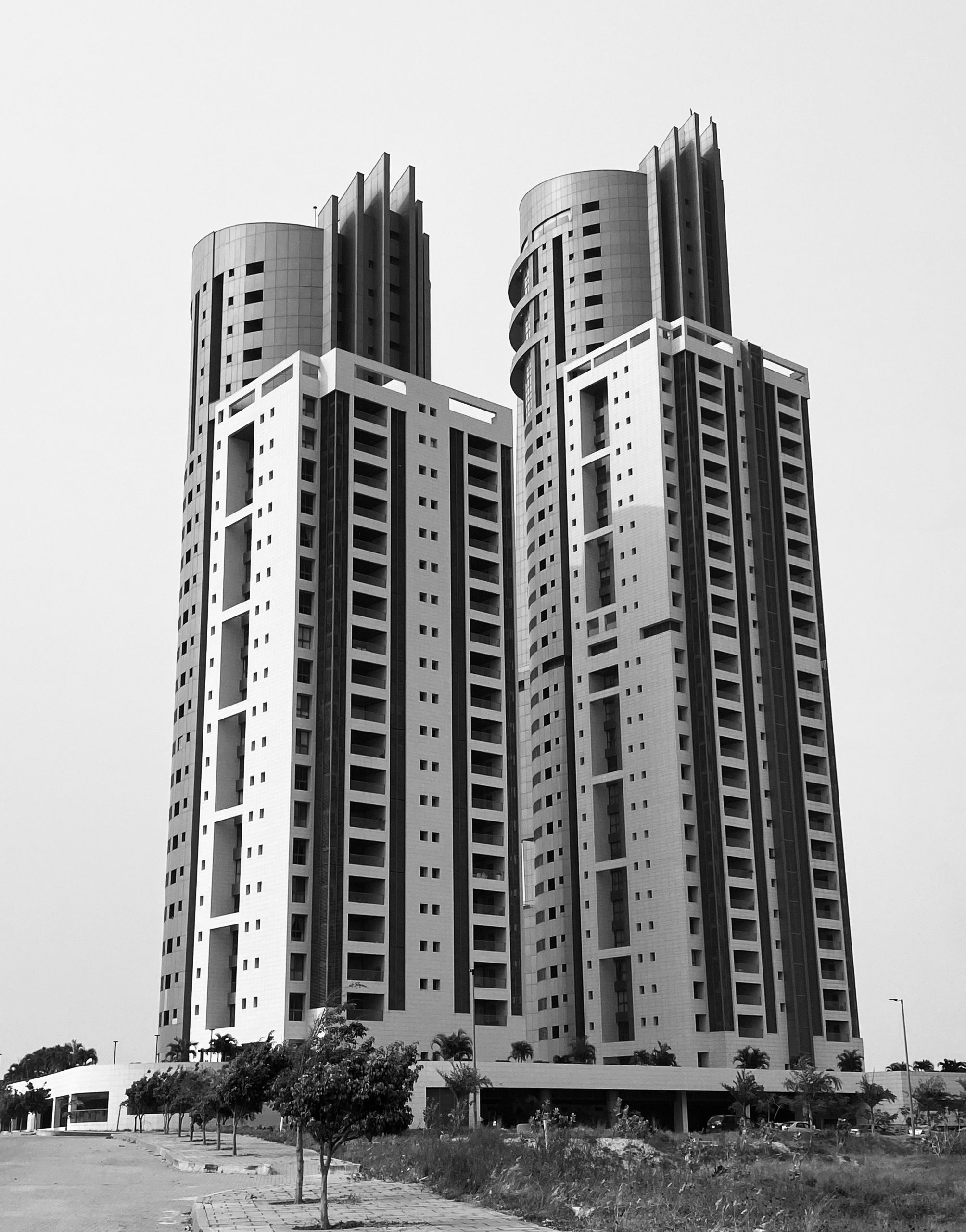REVITALIZING NIGERIA’S REAL ESTATE DEAD CAPITAL
Hernando de Soto Polar, a Peruvian economist, was the first person to use the term “dead capital. These dead capital or assets needs to be unlocked to get the best out of its value. “Freeing up dead assets is releasing the potential of assets that are not currently yielding any returns. There are so many abandoned assets in Nigeria that the total value could reach $900 billion. The worth of the federal government’s abandoned properties is estimated to be somewhere around N230 billion, as stated by the Nigerian Institute of builders. Some of these dead assets include refineries that are not being utilized, so the country is not receiving a return on its investment. Other examples of such assets include the NITEL Building secretariat in Ikoyi, the national assembly complex at Tafawa Balewa square, and the Nigeria social insurance trust fund along the Lagos Badagary expressway, among others. When it comes to dead assets, the real estate market is affected by it because of its poor performance and lack of revenue which could have accumulated value/income if put into use.

People have the ability to borrow money against their properties in order to launch businesses if the real estate market is doing well. If they can be put to use, dead assets have the potential to become live assets. However, the existence of these dead assets presents an economic challenge because it makes it more difficult for the real estate market to flourish. The ability of individuals to trade assets is necessary for it to function properly. Before the developers can invest, they need to ensure that they have clear title to the land, and the buyer also needs to ensure that they will have an easy time transferring the property to them. The biggest problems with dead assets are not not having real estate titles, and not being able to get bank loans to invest in other things. Land is the ideal area to tax and the best place to develop a tax base from the perspective of the government trying to raise more tax revenue. The encouraging news is that the nation has begun the process of converting its dead assets into live assets. There is construction going on at a few of the refineries.
Nigeria has untapped potential in the real estate sector which can be revived especially with issues of unregistered land and dead assets.
With a big bottleneck slowing down the growth of the mortgage industry, the creation of wealth, and the overall growth of the economy, we think that unlocking dead assets and tapping into their potential will be a big step forward for the growth of the real estate sector. Hence, we recommend;
- A comprehensive reform of the land tenure system to address, among other things, the time-consuming procedure of obtaining a Certificate of Occupancy.
- Mortgage financing should be backed by special and revolving funds, and a legal framework should be set up to allow mortgage transactions.
- Implement an electronic title registry for storage, retrieval, and quick verification of such titles to streamline operations and hasten the issue of title papers. Also, a new technology called blockchain can be used for title registry.






